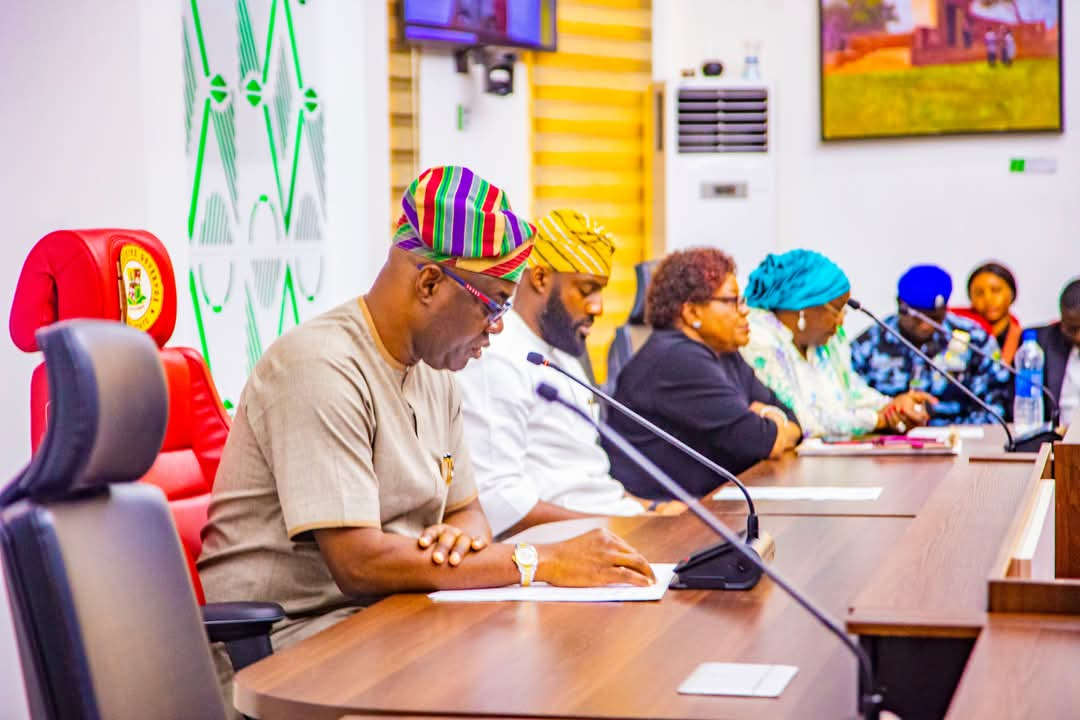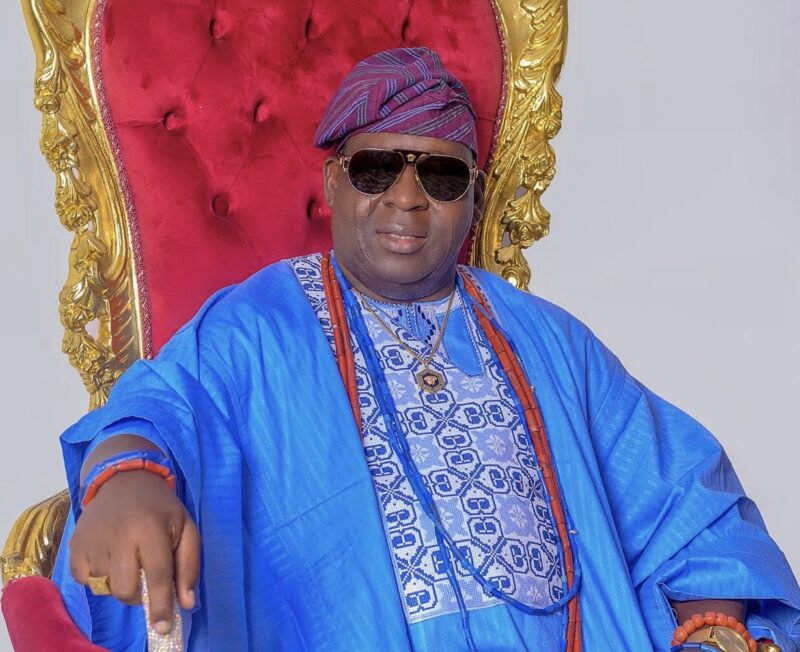Towards embracing Afrocentrism an African centered education
African history is a simple but multifaceted subject, spanning various periods and regions. It encompasses the early civilisations of ancient Egypt, Axum, and Carthage, which made significant contributions to art, architecture, science, and literature.
It also includes the empires and kingdoms that emerged across the continent, such as Ghana, Mali, Songhai, Great Zimbabwe, and the Swahili city-states, which thrived in trade, agriculture, and governance. Afrocentrism is an intellectual and cultural movement that emphasises and celebrates the contributions and achievements of African civilisations and peoples.
It seeks to reframe historical narratives, placing Africa and its diaspora at the centre of analysis and interpretation. Afrocentrism highlights the historical and cultural agency of Africans, challenging Eurocentric perspectives that have often marginalised or misrepresented African history and culture. It aims to promote a more balanced and inclusive understanding of global history by recognising and valuing Africa’s rich heritage and its impact on the world. Africa should be first in all things that an African child should be exposed to.
As parents and educators, it is crucial to provide our children with a well-rounded education that includes an accurate understanding of African history. In the case of Africa, a continent rich in diverse cultures and vibrant histories, it is essential to go beyond the surface-level narratives often taught in schools. By exploring authentic African history, we can foster a deep appreciation for the continent’s contributions and promote Afrocentrism. In this piece, we will outline five key steps to help parents and educators teach their kids the real African history.
1. Expand Your Child’s Library:
One effective way to introduce children to African history is by incorporating books written or illustrated by Black authors into their collection. By doing so, we can expose them to diverse perspectives and experiences that may differ from their own. These books can serve as windows to Africa’s history and culture, providing engaging and educational content for children of all ages.
2. Embrace Inclusive Narratives:
It is essential to select books that reflect the diversity within our communities. Look for stories that include characters from various ethnic backgrounds, languages, and traditions. By exposing children to inclusive narratives, we teach them to appreciate and respect the differences among people, fostering a sense of unity and empathy.
3. Open Dialogue about Race:
When children ask questions about race, it is crucial not to avoid or dismiss their inquiries. Instead, provide simple, concrete explanations that help them understand the concept of race and its significance. Select books that celebrate the value and uniqueness of every child, preparing them to navigate the complexities of our diverse world with compassion and understanding.
4. Celebrate Contemporary Stories:
While it is essential to explore historical events, it is equally vital to celebrate contemporary stories that showcase Black culture and experiences. Picture books, chapter books, and poetry can offer a glimpse into the lives of African children today, highlighting their achievements, challenges, and aspirations. By appreciating the present, children can better comprehend the interconnectedness of history and its relevance in shaping the world.
5. Seek Expert Guidance:
To curate an enriching collection of African history books, it is helpful to consult knowledgeable cultural experts, booksellers, and librarians. These professionals can provide valuable recommendations tailored to your child’s age and interests, ensuring a well-rounded exploration of African history. Their expertise will help you select engaging and accurate resources that ignite your child’s curiosity and thirst for knowledge.
Tellingly, African history should be a top priority in our schools and everything African should be first in and outside of the class.















